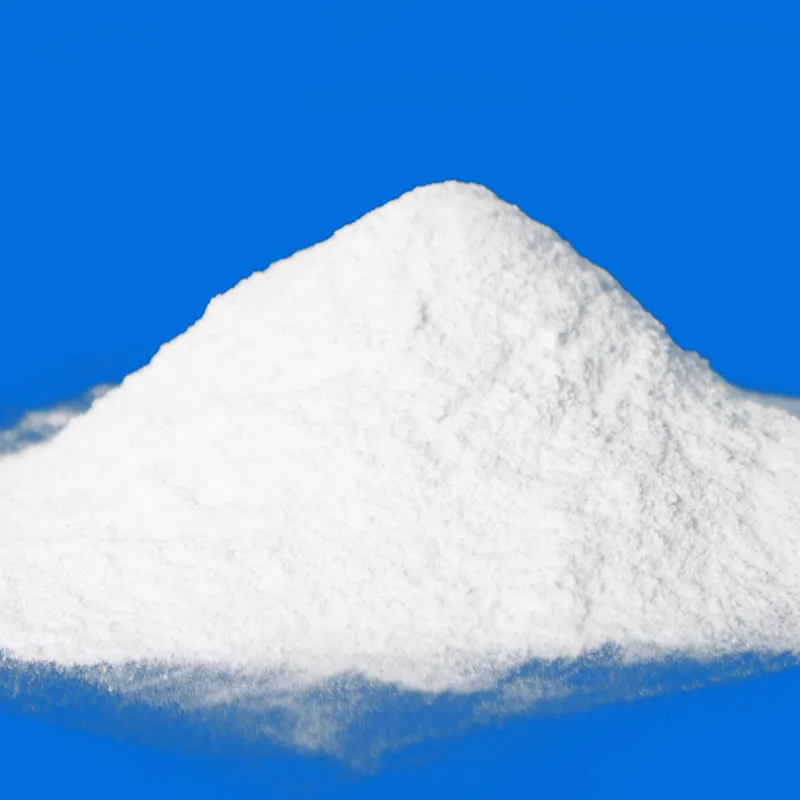
Exploring the Role of Food Additives in Processing and Preservation Techniques
Additives in Food Processing and Preservation
Food additives play a crucial role in modern food processing and preservation, enhancing the safety, quality, and shelf-life of various products. These substances, which can be natural or synthetic, are added to foods for a variety of reasons, including improving flavor, color, texture, and nutritional value, as well as preventing spoilage from microbial growth and chemical reactions.
One of the primary functions of food additives is preservation. As our demand for convenience foods grows, so too does the need for longer-lasting products. Additives like sodium benzoate and potassium sorbate are commonly used to inhibit the growth of bacteria, mold, and yeast. These preservatives allow perishable items to be stored for more extended periods without losing their safety or quality. This not only helps reduce food waste but also ensures that consumers have access to safe food products throughout the year.
Flavor enhancers, such as monosodium glutamate (MSG) and various spices and herbs, are also vital additives. They allow manufacturers to create consistent flavors across different batches of food, which is particularly important for branded products. In addition, flavoring agents can help mask undesirable tastes that may result from the preservation process, ensuring that consumers enjoy the food as intended.
Color additives, such as natural beet juice or synthetic dyes, play an essential role in consumer perception. The visual appeal of food can significantly influence purchasing decisions, as vibrant colors are often associated with freshness and quality. By using color additives, manufacturers can enhance the appearance of foods, making them more attractive to consumers. However, it is essential for manufacturers to follow regulations regarding the safety and usage levels of these colorants to ensure they do not pose health risks to consumers.
additives in food processing and preservation

Moreover, food additives can improve the texture and consistency of products. Emulsifiers, stabilizers, and thickening agents help maintain the desired mouthfeel and prevent separation in products like salad dressings, sauces, and ice creams. This not only enhances the eating experience but also extends the product's shelf life by stabilizing its components.
Despite their benefits, the use of food additives has been a topic of concern and debate. Some consumers are wary of artificial additives, fearing potential health risks associated with long-term exposure. This has led to an increase in the demand for clean label products, which contain fewer artificial ingredients. In response, many companies have reformulated their products to include natural alternatives or to minimize the use of additives.
To ensure the safety of food additives, regulatory organizations like the Food and Drug Administration (FDA) and the European Food Safety Authority (EFSA) conduct rigorous assessments before approving any additive for use. These agencies evaluate potential health risks and establish acceptable daily intake levels to protect consumers.
In conclusion, food additives are integral to the food processing and preservation industry. They not only enhance the safety and quality of food products but also cater to consumers' evolving preferences. As the industry continues to adapt to changing consumer demands and regulatory landscapes, the balance between safety, quality, and natural ingredients will remain a focal point for food manufacturers worldwide.
-
Aluminum Hydroxide: Quality Gels & Dried Gel AntacidNewsAug.31,2025
-
Buy High-Quality Trichloroisocyanuric Acid for Sale | TCCA 90% SupplierNewsAug.30,2025
-
Pure Sodium Dichloroisocyanurate Dihydrate | Powerful DisinfectantNewsAug.29,2025
-
Industrial Chemicals: Quality & Purity for Every IndustryNewsAug.28,2025
-
Nitrile Rubber Honoring Strict Production StandardsNewsAug.22,2025
-
Aspartame Ingredients Honoring Food Safety ValuesNewsAug.22,2025
-
Fertilizer for Balanced Plant NutritionNewsAug.22,2025
Hebei Tenger Chemical Technology Co., Ltd. focuses on the chemical industry and is committed to the export service of chemical raw materials.
-

view more DiethanolisopropanolamineIn the ever-growing field of chemical solutions, diethanolisopropanolamine (DEIPA) stands out as a versatile and important compound. Due to its unique chemical structure and properties, DEIPA is of interest to various industries including construction, personal care, and agriculture. -

view more TriisopropanolamineTriisopropanolamine (TIPA) alkanol amine substance, is a kind of alcohol amine compound with amino and alcohol hydroxyl, and because of its molecules contains both amino and hydroxyl. -

view more Tetramethyl Thiuram DisulfideTetramethyl thiuram disulfide, also known as TMTD, is a white to light-yellow powder with a distinct sulfur-like odor. It is soluble in organic solvents such as benzene, acetone, and ethyl acetate, making it highly versatile for use in different formulations. TMTD is known for its excellent vulcanization acceleration properties, which makes it a key ingredient in the production of rubber products. Additionally, it acts as an effective fungicide and bactericide, making it valuable in agricultural applications. Its high purity and stability ensure consistent performance, making it a preferred choice for manufacturers across various industries.





